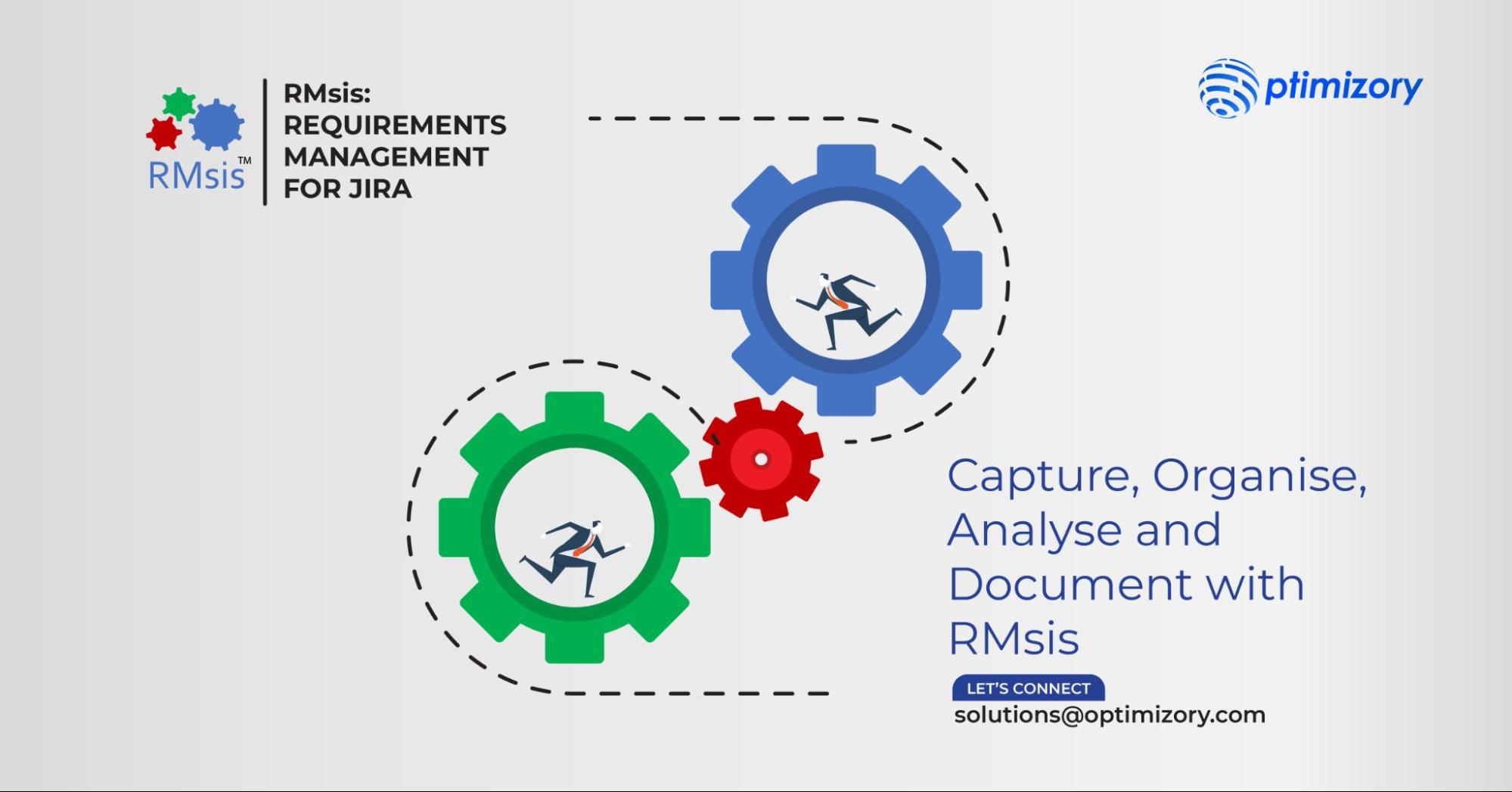In project management, objectives are specific, measurable, and time-bound goals that outline a project's aims. These objectives serve as a guiding compass for the project team and stakeholders, ensuring that everyone is aligned with the project's purpose and direction.
Clear objectives are essential for managing expectations, guiding decision-making, and providing a framework for monitoring and controlling the project throughout its lifecycle. They act as a roadmap, helping the project team focus on well-defined, achievable goals.
This guide will explore project objectives, detailing their various types and benefits and offering insights on how to establish effective objectives for your project.
What are Project Objectives?
Project objectives are specific, measurable outcomes that a project aims to achieve within a set timeframe. These objectives provide clarity on the project's purpose and steer the team towards successful completion. Clearly articulating project objectives is vital in project management, as they heavily influence decision-making and resource planning throughout the project's life cycle.
Key components of project objectives include measurable criteria and key performance indicators (KPIs). These factors, such as budget adherence, quality standards, and timely completion, serve as benchmarks for evaluating the project's overall success.
Project Objectives vs. Project Goals

Although often used interchangeably, project goals and objectives serve distinct purposes in project planning. Project goals outline the desired project outcome and closely relate to broader business objectives. They set the project's direction and motivate team members.
Conversely, project objectives are more concise and focused. They precisely define what the project is supposed to deliver. Here are examples to clarify this distinction:
- Project Objective: Introduce five new channels for customers to submit and view feedback within the product interface over the next two months.
- Project Goal: Improve the mechanism for passing customer feedback to the engineering team so that they can address issues promptly.
Project Objectives vs. Project Scope
Understanding the differences between project objectives and project scope is essential for effective project management. While objectives define specific outcomes and deliverables, the scope encompasses all the work required to complete the project.
Project scope and objectives are distinct yet interconnected components of project management. The project scope outlines the work necessary for completion, including tasks and deliverables. It sets the boundaries and extent of the project.
In contrast, project objectives focus on the specific results the project aims to achieve. They serve as benchmarks for success and direct project efforts within the defined scope. Here are examples to illustrate this distinction:
- Project Objective: Develop a user-friendly mobile app with key features to launch by the end of the year.
- Project Scope: The project includes app development, testing, and launch but excludes post-launch marketing and maintenance activities.
Project Objectives vs. Project Milestones
While both objectives and milestones are crucial in project management, they serve different roles. Project objectives define the primary outcomes to achieve, guiding the project's direction and purpose.
Milestones, on the other hand, are significant markers along the project's journey, indicating the completion of critical phases. Milestones help keep the project on track without necessarily detailing the work required to reach them. Here are examples to clarify this distinction:
- Project Objective: Secure 20,000 RSVPs for our virtual event by June 23.
- Project Milestone: Launch the web page to promote the upcoming virtual event on June 8.
Types of Project Objectives

Project objectives can be categorized based on their focus and purpose. Here are some common types of project objectives:
- Time-Based Objectives: These objectives set deadlines for project milestones, ensuring timely progress and completion.
- Performance Objectives: These objectives, which are focused on achieving specific results or quality standards, aim to measure the project's effectiveness.
- Quality Objectives: These objectives define the desired level of quality for project deliverables, ensuring that the end product meets or exceeds expectations.
- Business Objectives: Aligning the project with the company's principles and strategic goals, these objectives increase the likelihood of project success.
- Financial Objectives: Setting budget constraints and financial targets, these objectives help manage project costs and ensure financial viability.
- Regulatory Compliance Objectives: These objectives ensure that the project adheres to relevant laws, regulations, and industry standards, mitigating legal and compliance risks.
Benefits of Clearly Defined Project Objectives
Clearly defined project objectives are essential for ensuring projects are well-planned, executed effectively, and aligned with company goals. When team members understand how their work contributes to the project's and company's objectives, their motivation and engagement significantly improve. Clearly, articulated project objectives enable team members to continuously assess their progress and make necessary adjustments, contributing to the project's overall success.
Guidance and Focus
Project objectives provide a clear direction for the scope of work, guiding the team on what they need to achieve. They act as a roadmap, ensuring efforts are concentrated on specific, defined goals.
Measurable Outcomes
Well-crafted objectives often include measurable criteria and key performance indicators (KPIs). This allows project managers to quantify progress and determine whether the project is meeting its intended targets.
Stakeholder Alignment
Clearly defined objectives help align the expectations and efforts of all stakeholders involved in the project. This ensures everyone is working towards common goals, which is crucial for the project's overall success and stakeholder satisfaction.
Improved Decision Making
Project objectives serve as a foundation for informed decision-making throughout the project lifecycle. With a clear understanding of the objectives, project managers and team members can make decisions that align with the overall goals and priorities, ensuring that the project stays on track.
How to Establish Clear Project Objectives
Establishing clear project objectives is a vital step in the project management process, typically occurring during the project planning phase. Involving key stakeholders in this process ensures that the project objectives accurately represent the team's collective vision and goals.
The SMART Criteria
The SMART criteria is a widely used framework for defining effective project objectives. It ensures that each objective is clear and actionable by meeting the following criteria:
- Specific: Clearly define what the objective aims to accomplish, leaving no room for ambiguity.
- Measurable: Establish criteria to quantify and track progress toward the objective, making it easier to assess success.
- Achievable: Ensure the objective is realistic and attainable within the project's constraints, including time, resources, and expertise.
- Relevant: Align the objective with the overall project goals and the company’s mission to ensure it contributes to the broader strategy.
- Time-Bound: Set a specific timeframe or deadline for achieving the objective to maintain focus and urgency.
Effective Project Objectives Examples
Effective project objectives in project management adhere to the SMART criteria, ensuring they are specific, measurable, achievable, relevant, and time-bound. Here are project objectives example one must check out:
Example A: Increase Customer Satisfaction
- Specific: Increase customer satisfaction by 20% within the next quarter.
- Measurable: Monitor customer satisfaction KPIs from previous quarters and compare them to KPIs in the current quarter.
- Achievable: Focus on enhancing specific aspects of customer service and support processes.
- Relevant: Improve customer satisfaction to align with the broader objective of delivering excellent customer service.
- Time-bound: Conduct an assessment of this objective at the end of the quarter to evaluate progress.
Example B: Website Redesign Project
- Specific: Complete a website redesign project by the end of the fiscal year.
- Measurable: Track project milestones and ensure all redesign components are implemented before the deadline.
- Achievable: Incorporate necessary elements and functionalities within the capabilities of the redesign team.
- Relevant: Enhance the website's effectiveness to align with the company’s commitment to a modern and user-friendly interface.
- Time-bound: To ensure timely delivery, set a clear deadline for completing the project by the end of the fiscal year.
Tools for Defining Project Objectives
Several tools and techniques can aid in effectively defining project objectives ensuring clarity and alignment with organisational goals:
SWOT Analysis
Conducting a SWOT (Strengths, Weaknesses, Opportunities, Threats) analysis helps identify internal strengths and weaknesses, as well as external opportunities and threats that may impact the project. This analysis provides valuable insights into factors that should be considered when defining project objectives.
Mind-Mapping Tools
Mind-mapping tools are useful for visually brainstorming and organising ideas related to project objectives. These tools allow teams to create diagrams that depict relationships between different objectives and how they contribute to overall project success.
Stakeholder Engagement
Engaging with stakeholders is crucial for gathering input and perspectives on project objectives. Stakeholders' involvement ensures that objectives are aligned with their expectations and needs, enhancing project buy-in and support.
Collaborative Online Platforms
Utilizing collaborative online platforms, such as Confluence and other project management tools, facilitates real-time team collaboration. These platforms enable teams to work together efficiently, document objectives, track progress, and adapt objectives as needed throughout the project lifecycle.
Define Project Objectives with RMsis
RMsis is a comprehensive tool designed to facilitate efficient requirements management and software development processes. Similar to Confluence, RMsis offers a connected workspace where teams can create, organise, and share critical project information. The platform is structured into modules that encompass requirements, test cases, traceability, and reporting, ensuring that teams can effectively manage and track project objectives from inception to completion.
Key Features of RMsis

RMsis provides several features that support the definition and execution of project objectives:
- Requirements Management: RMsis enables teams to define and manage project requirements systematically. Teams can capture, organise, and prioritise requirements to ensure they align with project objectives and stakeholder needs.
- Traceability: The traceability feature in RMsis allows teams to establish and maintain traceability links between requirements, test cases, and other project artifacts. This ensures that project objectives are consistently met throughout the development lifecycle.
- Real-time Collaboration: RMsis facilitates real-time collaboration through features like commenting, notifications, and shared access to project artifacts. This promotes team alignment and enhances communication around project objectives and progress.
Project Objectives: Frequently Asked Questions
What is the difference between project objectives, goals, and scope?
Project objectives are specific and measurable statements that guide project activities and success evaluation.
Project goals provide a broader vision for the project, outlining overarching achievements.
The project scope defines the project's boundaries, specifying what is included and excluded from its deliverables and activities.
What is the role of project objectives in project management?
Project objectives play a crucial role in project management by providing a clear direction and purpose for the project. They define specific, measurable outcomes that guide the team's efforts and serve as criteria for evaluating success. These objectives ensure that everyone involved understands the project's goals and focuses their actions toward achieving them. By setting clear objectives, project managers can effectively allocate resources, make informed decisions, and keep stakeholders aligned throughout the project lifecycle.
How can project objectives help overcome challenges in project management?
Project objectives act as a compass, guiding teams through challenges by offering clarity and focus. When stakeholders have a clear understanding of project objectives, they can align their efforts accordingly, reducing misunderstandings and ensuring everyone works towards common goals. Additionally, well-defined objectives facilitate effective planning and resource allocation, enabling teams to prioritise tasks and manage risks more efficiently. By serving as measurable benchmarks, project objectives enable continuous monitoring and adjustment, ensuring projects stay on track and achieve desired outcomes within defined constraints.




